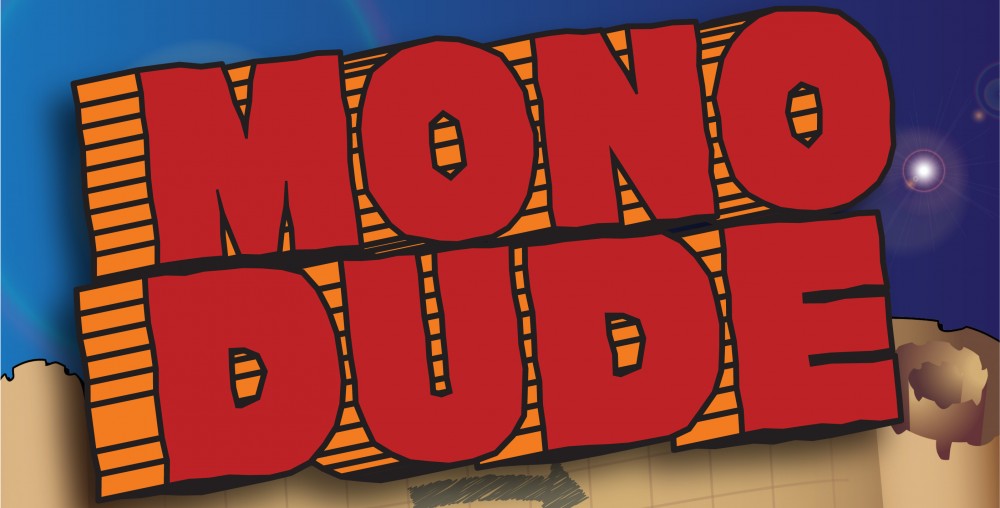No Dissenting Views Allowed: The Giver and the Hero’s Journey
I made a prediction about the movie adaptation of The Giver before I went to an early screening. A few months ago, I had listened to The Giver on cd—a dystopia written in 1993, thirteen years before The Hunger Games. The premise is that civilization fell into ruin and now a new civilization has been created that equalizes everything to the last detail, even removing its citizen’s experiences, emotions, hormones, and memories—anything that might cause pain or unrest. However, the founders of the civilization knew that someone would be needed to keep the memories from the past to advise them when difficulties should arise and so a receiver of memories is selected from every generation to have the memories from before “the Ruin” downloaded into him or her. Jonas is the second receiver of his generation because the first committed suicide. Jonas’ parents are perpetuators of the controlling society, and he decides he must leave once he realizes what it’s all about.
Some of the elements of the hero’s journey (the storyline made popular in film by Star Wars) are easily found in the book: Jonas, the special hero; the Giver, the mystical helper; the emergence from the mundane world into a special realm; the quest to restore balance to the universe. But its ending diverges from this formula. The book is famous for this ambiguous ending—seemingly open to the interpretation of the reader. Is Jonas dying, or has he found a place outside his oppressive civilization where he can be truly human? The hero is not clearly triumphant as he should be in the hero’s journey.
Lois Lowry decided in favor of a good ending for Jonas as she wrote sequels to The Giver. But fans of the book insist that it should stand alone—that the happy ending of the story is just a cop-out. Why the insistence on the bleak? Because The Giver as a book is a parable of existentialism. Humanity is defined not by culture, rules, or religion, but by the raw passion of human emotion. But, you might argue, doesn’t the book make a strong case for love? Isn’t there a reference to Christmas? On the surface, yes, those seem to be the more positive elements of the book. But what is love in the context of the narrative? It is at its core a feeling, a raw emotion. Christmas is just one of the cherished memories, which, good and bad, are disjointed and have no intrinsic meaning.
So what was my prediction for the movie adaptation? First of all, you have to track with me that hero’s journey (monomyth) movies perpetuate a certain philosophy, a certain religion, if you will. They are not existentialist—they are neo-Platonic or gnostic. There are similarities with existentialism—a distrust of reason, society, and rationality, to name a few. Existentialism stands firm, however, in the conviction that there is no answer to life’s dilemma. The religion of monomyth faces the same dilemma (the search for meaning), seeks mysterious powers (very often within), and posits a triumphant hero (representing oneself).
My prediction was that the directors would change the message of the book by transforming it into a hero’s journey movie. I am not defending existentialism; I am a Christian. I believe that a creating and redeeming God endowed the world with meaning, with reason because he himself is reasonable. What I am defending is a certain form of freedom of speech. Lois Lowry’s message was erased and rewritten to please the public. Her book was conformed to the formula of the hero’s journey, and that formula for two decades has been the basis for all mainstream movies for children. Children as a movie audience are only allowed to hear one message, containing one specific religion, and that message is repeated over and over and over again in almost every single movie or even television show.
To see how the writers and directors achieved this conformity, look for the ways the movie bends the book out of shape. I could see it first in the character of Jonas’s goofy best friend, Asher. He was completely transformed and made into the shadow (the personal foe who is the hero’s “false self”) of the movie, a character type which is integral to a monomyth movie. Watch for the triumphant hero: Jonas becomes the savior of the entire civilization, the cross-less savior of a religion of enlightenment, highlighted by montages that predominantly portray mystical experiences—whirling Dervishes, Hindu rituals, exhilarating experiences of nature. After watching the early screening, I wished I could post a sign in front of the billboard stating, “CHILDREN’S MOVIES: NO DISSENTING WORLDVIEWS ALLOWED.”
The book and movie would make a great study in comparison, but parents must be aware that the book, although written for a preteen audience, includes some very difficult subject matter, including the euthanasia of babies. The movie includes the same difficult issues, but adds sexuality to the mix as the characters in the movie are made to be much older than in the book. Tread cautiously—the movie is, for the most part, fairly well done and powerfully conveys the message it intends your child to hear and imbibe.
